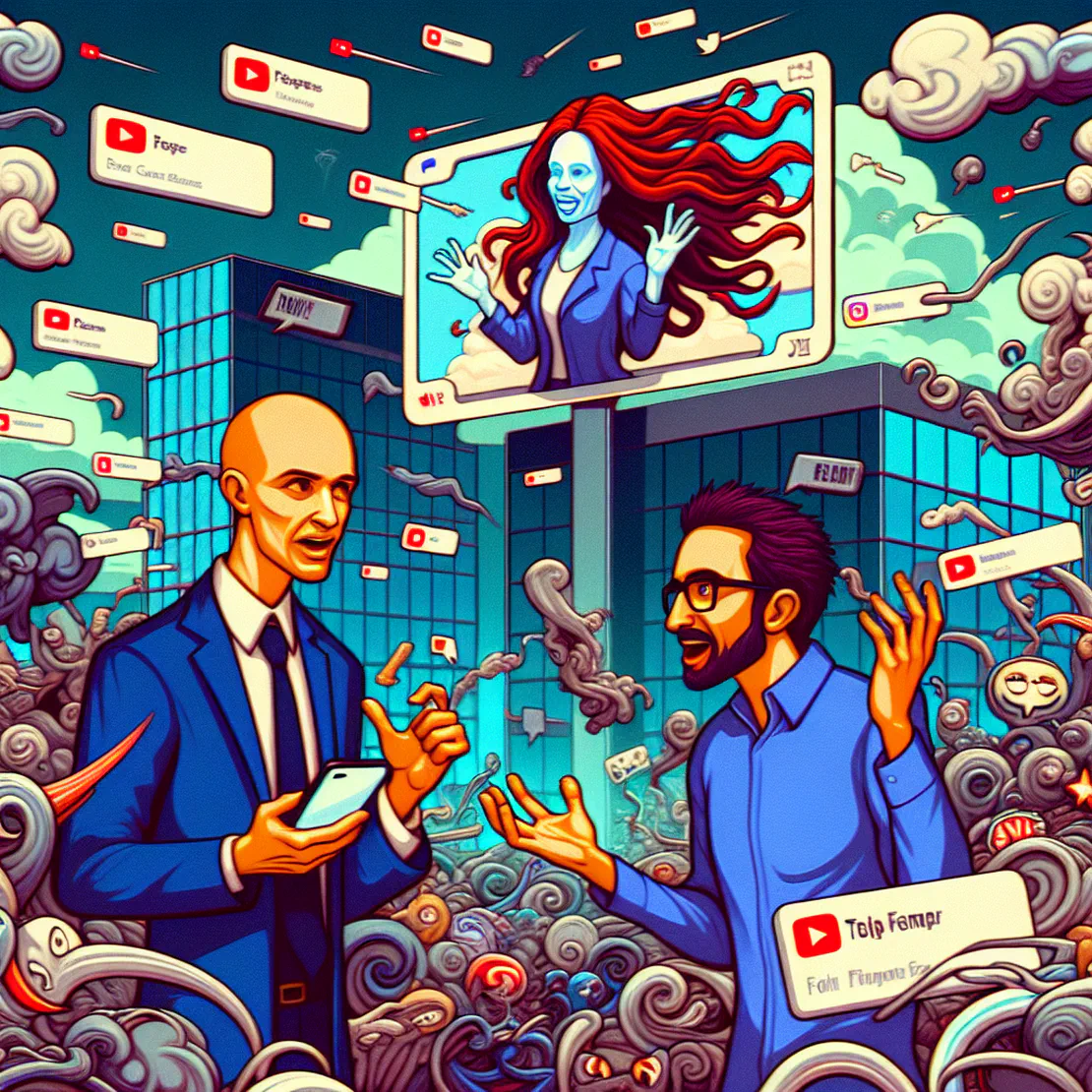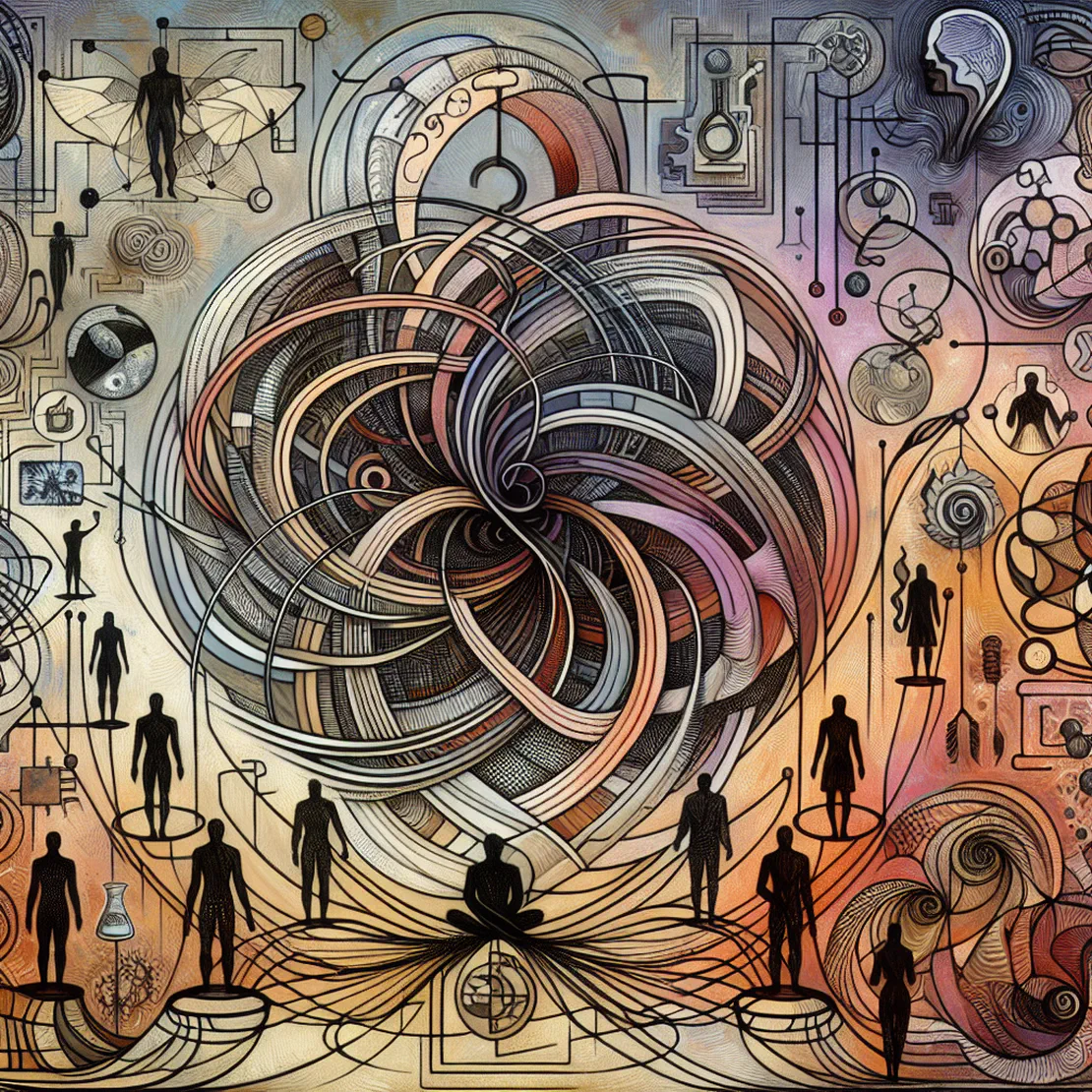
#1300 - Michael Malice
Table of Contents
At a Glance
-
Importance of Twitter Moderation - “You should be banned if you’re doxing people… Yes. But someone is doing a parody, you could be like, take this down for X, Y, and Z reasons.” The conversation highlights the need for Twitter to have stricter moderation policies, particularly when it comes to doxing and harassment.
-
Inconsistency in Twitter’s Policies - “Do you think if I posted a picture of myself holding up a bloody Hillary Clinton head that I wouldn’t be banned?” The conversation exposes the inconsistency in Twitter’s policies, where some users are allowed to post violent or disturbing content while others face consequences.
-
The Power of Reporting - “That’s smart. But it falls victim to trolling because then someone can just decide to attack Jamie Vernon.” The conversation emphasizes the importance of reporting on social media platforms like Twitter, but also acknowledges its limitations in preventing harassment and trolling.
What to Do
-
Don’t feed trolls - “Oh, God, trolls are the worst. Yeah, those fuck.” This is a reminder to not engage with people who are intentionally trying to provoke or annoy you.
-
Use the reporting system - “That’s smart… The thing is, I think they tried to make a differentiation between doxing someone and threatening to dox someone.” This suggests using the built-in reporting features on social media platforms to report issues rather than taking matters into your own hands.
-
Don’t take things personally - “It falls victim to trolling because then someone can just decide to attack Jamie Vernon. Don’t do it.” This is a reminder to separate personal feelings from professional or public interactions, especially online where things can escalate quickly.
-
Be aware of the context and audience - “If she came at him with a knife i mean she’d have to shoot him and then cut his head off which i guess she could do it’s not as likely noshe’s got to use the palms oh the palm to the nose palm to the nose nose bone in the brain how would you do that” This is a humorous example of how context and audience can greatly impact how something is perceived.
-
Don’t assume consequences - “I think she had no consequences on Twitter. None.” This serves as a reminder not to assume what will happen in a given situation, especially when it comes to online interactions.
What to Get
-
The New Right: A Journey to the Fringe of American Politics by Michael Malice - Amazon
-
Head - Reference to Kathy Griffin’s photo of her holding up a bloody head, presumably of Hillary Clinton or Trump
-
The White Pill: A Tale of Good and Evil by Michael Malice - Amazon
Summary
The conversation starts with a discussion about Twitter’s moderation policies and how they are enforced. The participants mention that if someone is sending unsolicited explicit images or engaging in doxing (sharing personal information without consent), they should face consequences such as being blocked or banned from the platform. However, there seems to be a gray area when it comes to parody or satire, as some users may try to use these categories to justify their behavior.
One of the participants brings up the example of Kathy Griffin, who posted a photo holding a fake severed head of President Trump and faced no consequences on Twitter. The conversation turns to how Twitter handles reports of problematic content and whether it relies too heavily on user reporting. One of the participants suggests that trolls can exploit this system by flooding report buttons with false claims.
The discussion also touches on issues of free speech, censorship, and moderation. Some of the participants argue that certain types of content, such as violent or explicit images, should be subject to stricter moderation policies. Others suggest that Twitter’s current approach is too lenient and allows for abuse.
Throughout the conversation, there are moments of humor and levity, but the underlying tone remains serious and thought-provoking. The participants seem to agree that finding a balance between free speech and content moderation is essential, especially in today’s social media landscape where millions of users interact with each other every day.
One of the most interesting points made during the conversation is how Twitter’s moderation policies can have different outcomes for different people. For instance, someone who posts an image similar to Kathy Griffin’s might face consequences, while a verified account (like Michael Malice’s) seems to be able to get away with similar behavior. This raises questions about whether Twitter is consistently enforcing its rules and whether there are double standards at play.
Overall, the podcast episode delves into some of the most pressing issues in online discourse today: moderation, free speech, censorship, and the responsibility that comes with social media platforms.


